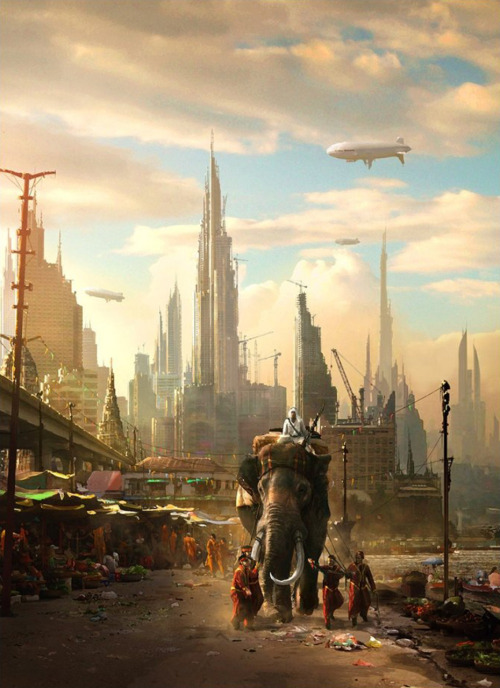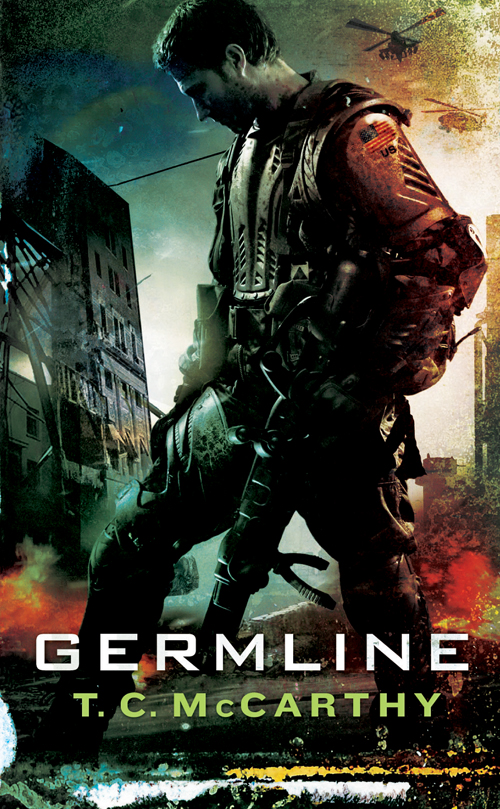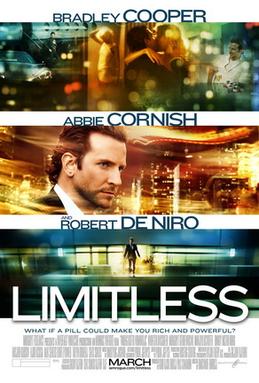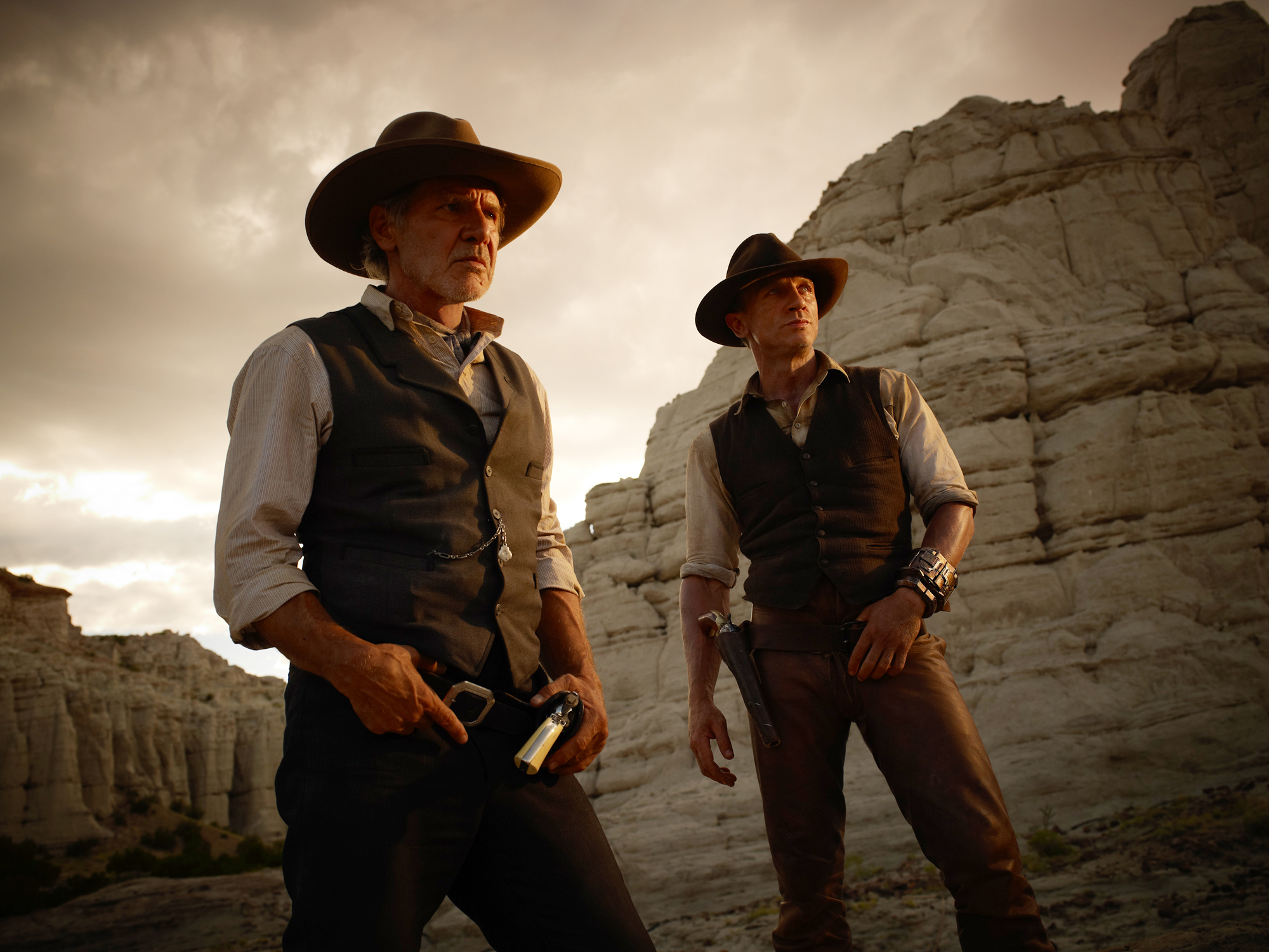Happy Birthday Halo!
/ Nine or so years ago, I worked as a counselor at a summer camp in northern Vermont, a job that involved long hours working with kids nearly twenty-four hours a day. Counselors worked under the supervision of village directors, who had their own cabins, and generally allowed use of the building as a break room for those couple of hours that we had off when we weren’t teaching classes or had some down time with no responsibilities. Where I had been introduced to Dungeons and Dragons while a counselor in training in 2000, I was introduced to Bungie’s Halo: Combat Evolved, something that suddenly appeared in each of the four villages, and something that everyone seemed to play.
Nine or so years ago, I worked as a counselor at a summer camp in northern Vermont, a job that involved long hours working with kids nearly twenty-four hours a day. Counselors worked under the supervision of village directors, who had their own cabins, and generally allowed use of the building as a break room for those couple of hours that we had off when we weren’t teaching classes or had some down time with no responsibilities. Where I had been introduced to Dungeons and Dragons while a counselor in training in 2000, I was introduced to Bungie’s Halo: Combat Evolved, something that suddenly appeared in each of the four villages, and something that everyone seemed to play.
Growing up, I had never really played video games at home – I’d played games on friend’s consoles at their homes. Halo was an eye-opening experience, one that appealed to me greatly after watching people play. I was drawn into the story, a tiny snapshot in a greater story that was both interactive and exciting at the same time. Where most of my friends had grown up on video games to various extents, I’ve never been all that great at them, and consequently, found myself playing the campaign over and over, playing the multiplayer sections when we organized major Halo tournaments late in the evenings. As a result, I’ve long enjoyed the first game, and when the black Xbox gave way to the white and error-prone Xbox 360, I found myself missing the game, but made the jump over to Halo 2 and 3 as they came out, as a whole variety of games exploded out of the gate.
Halo is a franchise that I suspect will continue to grow to the point where it rivals Star Wars or Star Trek, the standard bar for science fiction franchises and success. The first game, a decade old, has done some impressive things over its lifetime: each of its sequels have been pretty popular, to the point where midnight releases are the norm for new entries, and a growing body of fans have begun making their own Spartan armor costumes. 343 Industries have also continued to publish books that continue the series along in the moments that you're not behind the visor of Master Chief. Quality-wise, they run the gambit from pretty standard fare, to some pretty impressive stories by some very good authors. Then, there's the movie to consider, which has languished in development hell for the past couple of years. It's going to be made - the franchise has already proven itself with a vibrant fan base that it's grown - it's just a matter of Microsoft working with other companies over financial matters. I've also got few doubts that a Halo movie, if properly handled (or even improperly handled), will make whomever films it a lot of money that will further bring the series into the public's eye. If the live action commercials that they've released are any indication, it'll be something to see.
Halo, for me, stands out amongst a lot of other military science fiction stories. Like the Star Wars franchise, the first game doesn’t do anything other than drop you into the middle of a decades long conflict with little bits and pieces of a much larger story along the way, hands you a gun and has you play through the story. While the sequel games, novels and comics really flesh out the story, the first game was something special. I appreciated the somewhat realistic approach to the military that the game brought in, and the balancing between a contemporary story (that's really only gotten more relevant as the United States has been in a decade long war), and against some of the epic tropes of space opera. Like Star Wars, the Halo franchise seems to have pulled in influences from everything from Larry Niven's Ringworld or Iain M. Banks Culture series to Ridley Scott's Alien. The result is a product and story that checks all the boxes without feeling like there were boxes to be checked in the first place.
Yesterday, I picked up the Halo: Combat Evolved Anniversary edition, and for the first time in years, played the original Halo. It's a little clunky with the new graphics at points, but my memory of the game came flooding back as I blew through the first couple of levels: It's really stood up excellently, even after all these years. It's a good reminder of the start (and something I'd hoped would happen eventually - an HD reboot), as the franchise continues forward. Hopefully, in ten years, the series will still be going strong.

 There's been a bit of news today surrounding Lightspeed and Fantasy Magazines earlier today: originally owned by Prime Books, they've both been sold to current editor John Joseph Adams, who'll continue to manage them from here on out. Along with that bit of news, I've been promoted to Editorial Assistant, which I'm terribly excited about.
There's been a bit of news today surrounding Lightspeed and Fantasy Magazines earlier today: originally owned by Prime Books, they've both been sold to current editor John Joseph Adams, who'll continue to manage them from here on out. Along with that bit of news, I've been promoted to Editorial Assistant, which I'm terribly excited about.
 It's been a while since I've stepped back and taken stock of what I've been reading, and with the end of the year rapidly approaching, there's a whole handful of books that I'm currently in the middle of or about to start up. Hopefully, I'll get through this short list by the end of the year, and begin building a list of anticipated books for 2012. (Although, like last year's list, it was only somewhat helpful.)
It's been a while since I've stepped back and taken stock of what I've been reading, and with the end of the year rapidly approaching, there's a whole handful of books that I'm currently in the middle of or about to start up. Hopefully, I'll get through this short list by the end of the year, and begin building a list of anticipated books for 2012. (Although, like last year's list, it was only somewhat helpful.)


 A common talking point that I’ve found when it comes to military science fiction is that it's not a game. War is more than a bunch of soldiers dressed up in powered armor, shooting at aliens or their enemies, and telling a good story set against a backdrop of an epic war that pits the good guys against the bad guys. More than its surrounding features, military science fiction is a way to look at the present day. Germline, by TC McCarthy is a book that really gets the complexity, danger and horrors of warfare. It's the shock to the system that the first World War was to the civilized world, where they saw, first-hand, that war is a cruel and unforgiving institution.
A common talking point that I’ve found when it comes to military science fiction is that it's not a game. War is more than a bunch of soldiers dressed up in powered armor, shooting at aliens or their enemies, and telling a good story set against a backdrop of an epic war that pits the good guys against the bad guys. More than its surrounding features, military science fiction is a way to look at the present day. Germline, by TC McCarthy is a book that really gets the complexity, danger and horrors of warfare. It's the shock to the system that the first World War was to the civilized world, where they saw, first-hand, that war is a cruel and unforgiving institution.
 Max Barry released a
Max Barry released a 
 This past weekend, I was able to volunteer in both Waterbury and Moretown, two towns that are struggling with the floods. The aftermath was heartbreaking. My hometown was inundated with upwards of 7 feet of flood waters in places, and many other communities around the state were under water, with roads flooded, houses swept away, and businesses destroyed.
This past weekend, I was able to volunteer in both Waterbury and Moretown, two towns that are struggling with the floods. The aftermath was heartbreaking. My hometown was inundated with upwards of 7 feet of flood waters in places, and many other communities around the state were under water, with roads flooded, houses swept away, and businesses destroyed. We all want to be smarter, faster, improvements upon ourselves, the 2.0 version of our percieved out of date opeating systems. Like the best science fiction stories, Neil Burger's 2011 film Limitless is a film that looks to the very basics of human life, and watches where people inevitably mess it up with our own flaws. Based off of a 2001 book, The Dark Fields, by Alan Glynn, the film looks at what people do if they can operate with nothing holding them back.
We all want to be smarter, faster, improvements upon ourselves, the 2.0 version of our percieved out of date opeating systems. Like the best science fiction stories, Neil Burger's 2011 film Limitless is a film that looks to the very basics of human life, and watches where people inevitably mess it up with our own flaws. Based off of a 2001 book, The Dark Fields, by Alan Glynn, the film looks at what people do if they can operate with nothing holding them back.
 A disclaimer: a copy of this book was provided by Blake, who had consulted me at one point about the military elements of the story.
A disclaimer: a copy of this book was provided by Blake, who had consulted me at one point about the military elements of the story.


 This past weekend while at ReaderCon, I finally completed George R.R. Martin's first novel in his Song of Ice and Fire series, A Game of Thrones, something I've been trying to do since I first bought the book in 2007. Epic fantasy doesn't do much for me: I'm annoyed at the sheer complexity of most of the stories, (most of it unnecessarily so) and while that's put me off from Martin's books for a long time, I'm coming to understand some key differences between his books and the others that I've often read. At the same time, I've been following along with the HBO adaptation of A Game of Thrones, which helped me visualize which characters were which, along with the various storylines.
This past weekend while at ReaderCon, I finally completed George R.R. Martin's first novel in his Song of Ice and Fire series, A Game of Thrones, something I've been trying to do since I first bought the book in 2007. Epic fantasy doesn't do much for me: I'm annoyed at the sheer complexity of most of the stories, (most of it unnecessarily so) and while that's put me off from Martin's books for a long time, I'm coming to understand some key differences between his books and the others that I've often read. At the same time, I've been following along with the HBO adaptation of A Game of Thrones, which helped me visualize which characters were which, along with the various storylines.